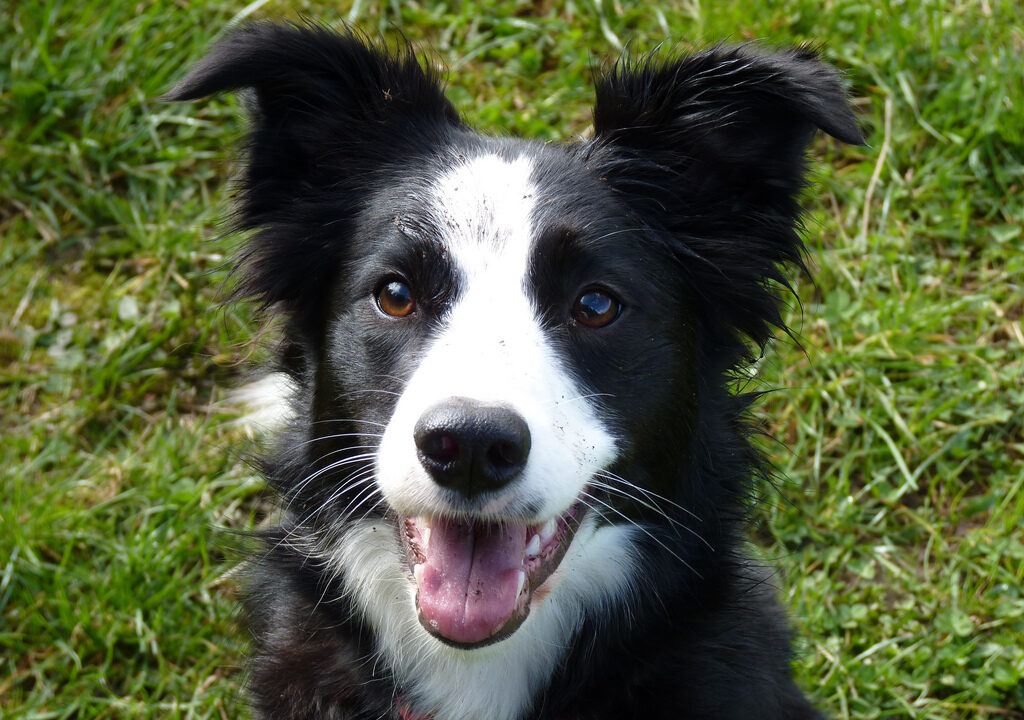A bill that would see a minimum 10-month prison sentence for those caught stealing a family pet has passed first stage in the Dáil today (Wednesday, May 5).
Aontú’s Dog Breeding Establishments (Amendment) Bill 2021 or the ‘puppy farm bill’ was introduced by Meath West TD Peadar Tóibín, who said that animal welfare and protection is a subject “given much lip service”.
“It is an issue that is hugely important to our communities, who want to see action – not just more words,” the deputy said.
“Aontú has sought to deliver that action by putting forward pragmatic and reasonable legislative proposals. The purpose of this bill is to enhance the welfare of dogs by strengthening the regulation of dog breeding establishments and ensuring enforcement of relevant statutory provisions.”
‘Minimum standard’ for animals
The deputy said that this bill introduces a “minimum standard” for animals.
“We strengthen the five freedoms contained in the 2010 act by which each dog breeder must adhere to in the raising of these animals,” he continued.
“Under our bill, dogs must be kept in such a manner as to avoid unnecessary suffering, dogs must receive treatment when necessary from a veterinary practitioner, dogs must be permitted to exhibit their natural and normal behaviour and that dogs are permitted to have the company of other dogs.”
The bill also amends the definition of ‘authorised person’ in the Dog Breeding Establishments Act 2010, “so as to ensure that persons who act as authorised persons under that act are specifically appointed under it to fulfil this role”.
Bill seeks increased penalties
The bill also significantly increases the penalty for breaking the law in terms of puppy farms.
“Profits for breeding dogs in the current climate have gone through the roof,” the deputy said.
“The current fines are not a sufficient deterrent. The previous maximum fine of €5,000 becomes the minimum fine for summary conviction in our bill and we introduce a €10,000 fine for convictions on indictment.”
The deputy said he also seeks that each local authority will commission a specific individual or team to ensure protections are enforced.
